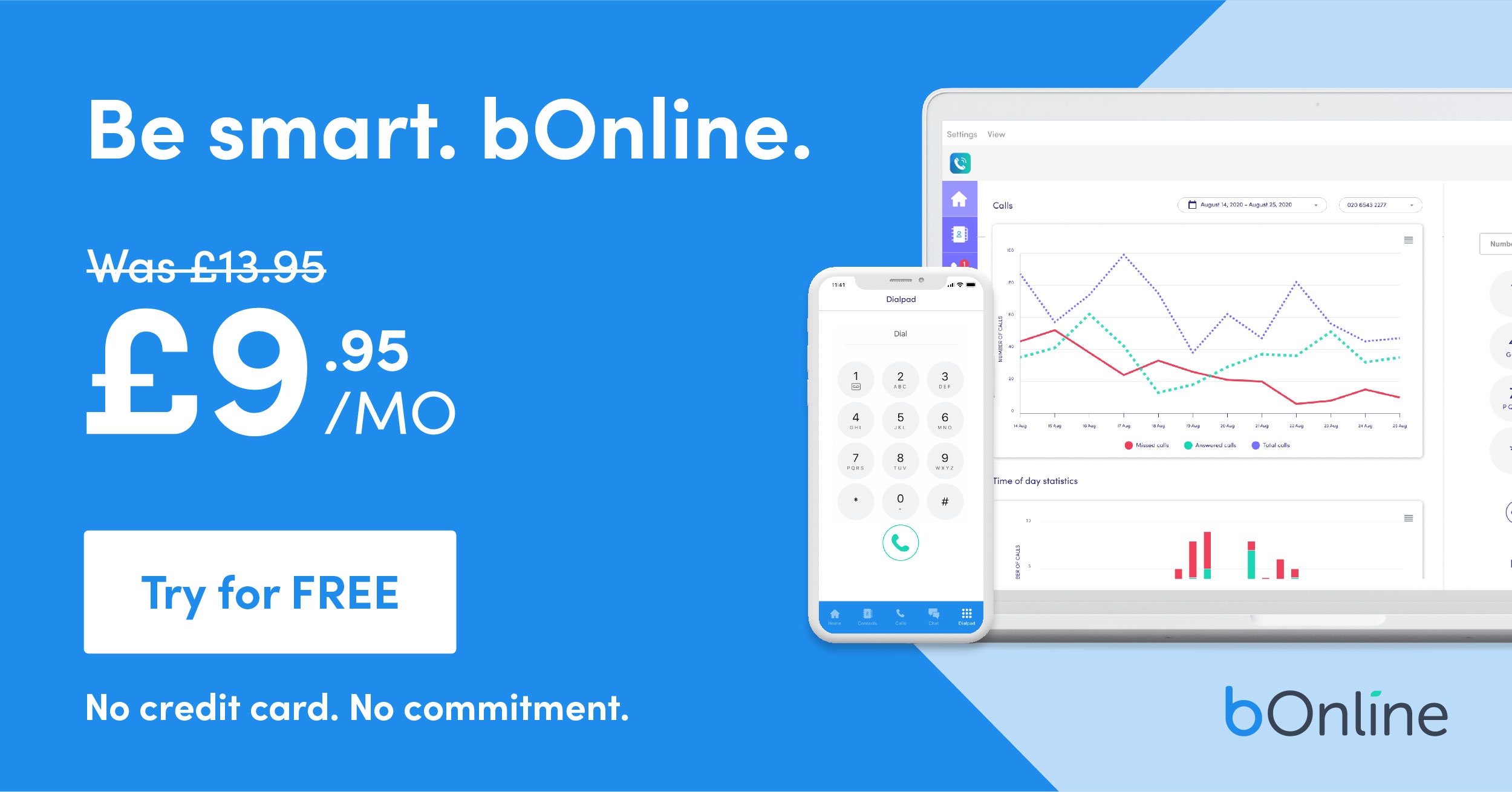Choose The Right VoIP Service
There are many free VoIP services that allow you to make free calls using the internet. These services are mainly designed for more casual and individual use via applications such as Google Hangouts, Facebook Messenger etc. These provide instant messaging tools and allow simple video. With an aim to stay in touch with family and friends may not provide you with the quality and reliability needed for business needs.
Recently, cloud phones have been putting small business communications on enterprise-level with reliable connectivity and low monthly costs. Many business VoIP providers offer a ‘Hosted System’ meaning that you don’t have to own or install any equipment into your office(s). Businesses can simply utilise an app and connect a VoIP telephone to an internet connection and all of the call routing, call forwarding, voicemail, and many other features are handled by the provider.
Find A VoIP Provider
There are primarily two types of VoIP cloud phones which are hardware or software-based. The interface is similar to that of a phone with touch pad and display allows users to make calls directly from their desktop or business phone.
Most providers offer a subscription service in order to place and receive calls. This service will vary depending on your business needs such as budgets. Choosing the right provider is important in order to make optimal use of technology, greater benefits and lower costs.
Get A Phone Number
If you want to extend your VoIP beyond your PC, you will need to have a phone number. This number is given to you once you subscribe with a paid service, whether software or hardware-based. This number will then be used to make or receive calls to and from fixed or mobile phones.
Furthermore, VoIP will enable you to take your phone number with you when moving office space.
VoIP Equipment
The equipment you need to use VoIP can vary in price depending on your business needs.
Some softphone applications allow you to make and receive calls using your mobile phone, thus eliminating the need for headsets. For hardware-based VoIP, you will need special phones called IP phones.
For hardware-based VoIP, you will need to purchase phones, these sets can be any of the traditional phones you use with Public Service Telephone Network (PSTN). There are also special phones for VoIP which come with various features called IP phones. IP phones can be expensive, so it's key to weigh up which features your business phone needs to fully function.
Set Up Your VoIP System
Upon receiving your new cloud phone system it is important to start setting up straight away. If you’re dealing with software phones the next steps are to install and configure with your office computers.
Trialling your cloud phones also offers the chance to troubleshoot teething issues before using the system to contact customers. One way to do this is by testing numbers to your SIP line and putting a recovery plan in place.
Connectivity
Above all, cloud-phone systems rely on broadband so reliable connectivity is key. At bOnline, we have a range of packages and ‘business in a box’ technology solutions. Our VoIP and broadband packages are key for small businesses to kick off their migration from ISDNs to SIP. With our range of affordable deals, we have the tools to help you get set up and ready with minimal disruption to services.
Our packages mix and match depending on what’s needed for your business, offering business broadband and VoIP together further making this accessible.
Conclusion
Moving to SIP-based cloud phones such as VoIP means that your small business can benefit from software systems, securing faster set-up times, technical support and specialist onboarding if your small business runs into any issues.
For more connectivity solutions and to see how bOnline can help you make the switch to VoIP see our products.








